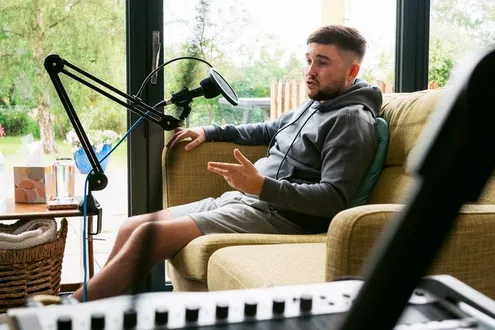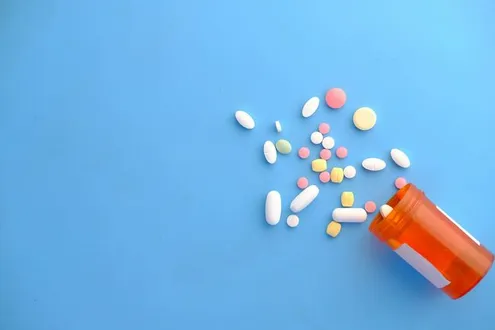In the year ending June 2022, 3.9% of 16-24-year-olds reported using Nitrous Oxide, equivalent to about 230,000 people.
"NOS", "Balloons", "Laughing Gas" or "Nitrous oxide" addiction refers to the compulsive use of this drug, which is a colourless, odourless gas commonly used as a mild aesthetic or pain reliever in medical and dental procedures, as well as a recreational drug. There are a variety of dangers when using Nos including damage to the nerves in the spinal cord, weak limbs, stiff muscles and bladder issues.
Why is Nitrous Oxide Addictive?
While Nitrous Oxide is not physically addictive in the same way that substances like opioids or alcohol are, its potential to cause psychological addiction and the compulsive behaviour associated with it makes it a substance that can be misused. The context in which nitrous oxide is often used (e.g., parties, raves) may reinforce its use and contribute to addictive behaviours. Peer pressure and the availability can also play a role in fostering addiction.
If you are concerned that a loved one may be suffering from addiction speak to a Treatment Advisor today for a free assessment.

While nitrous oxide is generally considered safe when used under medical supervision, excessive and repeated use of nitrous oxide can lead to physical and psychological dependence requiring a Nos detox programme, as well as serious health problems. Nitrous oxide abuse can cause oxygen deprivation, leading to symptoms such as dizziness, nausea, and confusion.
Chronic abuse of nitrous oxide can also cause nerve damage, leading to numbness and tingling in the hands and feet, as well as other neurological problems. Prolonged use of nitrous oxide can also cause a deficiency in vitamin B12, which can lead to anaemia, nerve damage, and other health problems.
Signs and symptoms of nitrous oxide addiction may include an intense craving for the drug, compulsive use, withdrawal symptoms when trying to detox, continued use despite negative consequences, and neglect of personal and social responsibilities. Physical symptoms of addiction can vary from light-headedness, fatigue, coordination issues and headaches.
If you or someone you know has tried to quit using Nos but found they are unable to, seeking help from a addiction specialist is recommended so that you can try to address the underlying causes and develop an effective treatment plan.
Contact our fully trained Treatment Advisors for more information on what treatment pathways are available.









